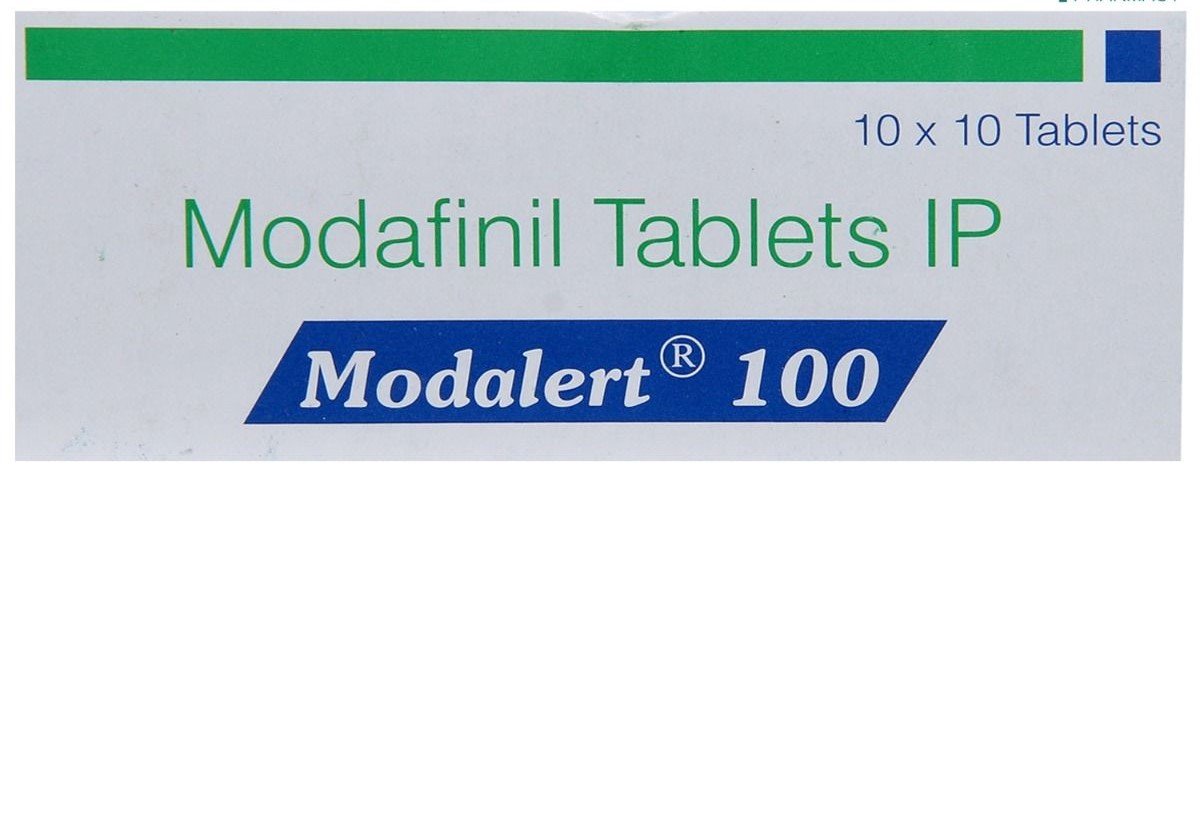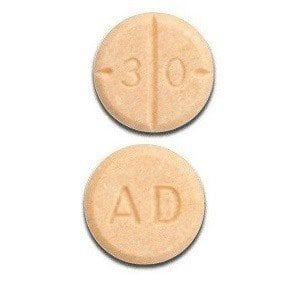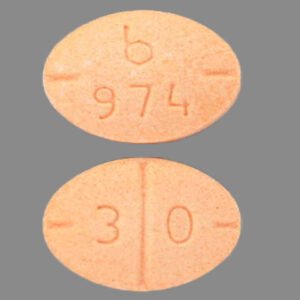Modafinil online pharmacy is a powerful place. This is the right place for you. Modafinil and its brand Modalert are commonly used for improving focus level and increasing wakefulness. It enhances thinking performance. Many professionals, students, and shift workers prefer to buy Modafinil online. It is an easy way and productive.At DrugMedWise, we offer a secure and easy way to purchase Modafinil online without complications. Whether you need Modafinil 100mg or a stronger dose, our platform ensures fast delivery.
What is Modafinil?
Modafinil is a such wakefulness-promoting medication that is used to treat conditions like narcolepsy, sleep apnea, and shift work sleep disorder. professionals, students, and workers mostly use this medicine. It enhances their mental performance and improves their focus level. It also increases their energy levels.
If you’re nervous about where to buy Modafinil in the US, our drugmedwise.com provides a safe and reliable option for you.
Why Buy Modafinil Online?
There are several reasons:
Convenience: To purchase by online ordering is more convenient.
Affordability: Local stores offer medicine at high prices but online pharmacies offer it at a low price. .
Availability: In such areas where pharmacies are far away from their living areas, online pharmacies provide medicine at their footsteps.
No Prescription Needed: our website provides a hassle-free option to purchase it without any prescription demand.
Where to Buy Modafinil Online?
DrugMedWise is the ideal choice for buying Modafinil. We offer:
Genuine Modafinil & Modalert at low prices.
It is a fast and secure delivery across the USA and all the world.
By multiple payment options you can order it.
According to many customers’ positive reviews it is a trusted online pharmacy.
Buying Modafinil in the USA – What You Need to Know
So many people are curious to know where they can buy Modafinil online legally. Many countries sell this medicine by prescription but online pharmacies like ours provide an accessible way to purchase Modafinil online without unnecessary hurdles.







Reviews
There are no reviews yet.